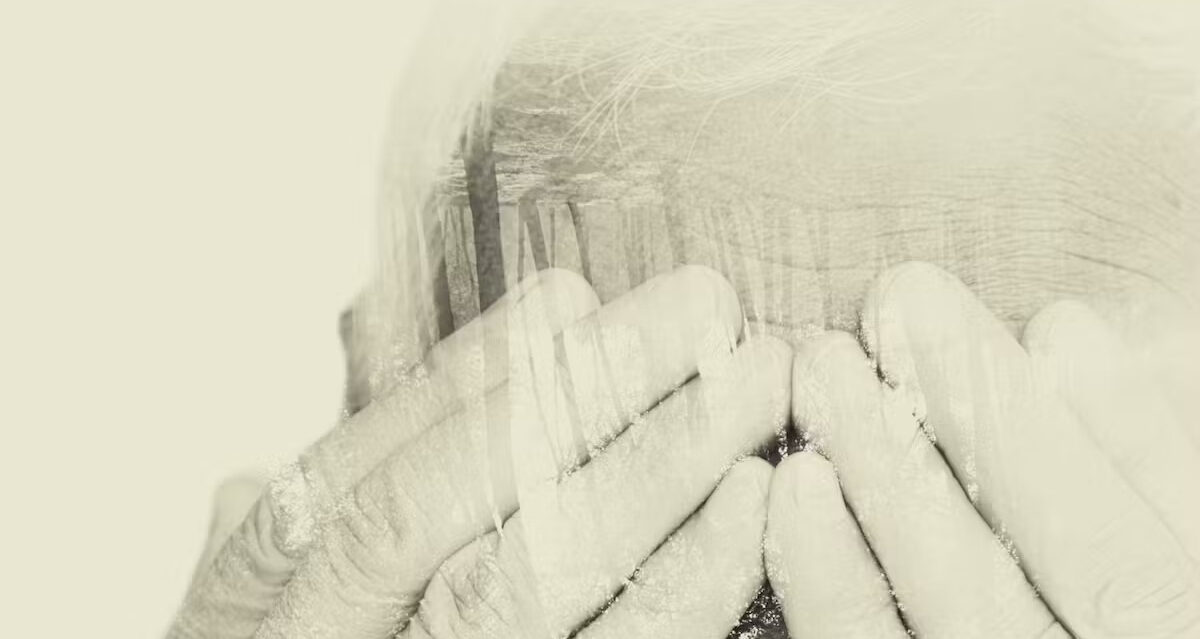“I feel so ashamed of what has happened in Manipur. I feel devalued as a human being thinking over what the men did to the girls.” One of my students said to me. “In fact my father said we all should die of shame.” Her friend nodded silently. “At our family dinner, my mother said how can we as a society do such a thing?”
A strong reaction no doubt, but I am not surprised to hear such reactions from many people. In each case the guilt has been collective, total and almost bordering on self blame.
“Don’t you feel ashamed too, Sir?” they asked.
“No, I don’t,” I replied. “It is an abominable act but it doesn’t define me or affect my self esteem.” Puzzled the student asked me why.
“Does America as a nation feel guilty over Ted Bundy?” I asked. “How many Americans will you find being ashamed and devalued as human beings over rapes, school shootings, or massive human rights violations at Abu Ghraib? Have you heard of a Britisher who has felt devalued over the mass crimes they committed during colonial era in India, raping women looting us and killing people? Then why is it the action of a few Indians should make a whole nation devalued again and again?”
“Everywhere people are saying this. Even our Prime Minister said something similar that it is a matter of shame for a billion Indians,” she replied getting defensive. “Then what do you feel?”
“I feel angry,” I replied. “Those men were sub humans and should be punished and the women be given therapeutic help. A full investigation that should happen in a rule of law society, should be done.”
Her question left me deep in thought. Why is it that we, Indians feel shame and guilt en masse every time on such a large scale when a crime, a pogrom happens? Why is it that there erupts a collective shame and guilt each time such an issue is brought up? Why does it become a mass phenomenon with little parallel anywhere else in the world? Why there happens to be so much self blame and abnegation over our identity as people and as a nation over what a few do? Why does it tell us that as a people we should hang our heads in shame? During the Nirbhaya case what one heard over and over was that we should be ashamed of ourselves as a nation for having let such a crime happen in our midst. The same words were repeated during the Vemula case as if the whole country should hang its head in shame.
Slavery gave us two important legacies that we have not been able to shake off. Shame and Guilt and a humiliation that is stuck to our bones. Two centuries of colonialism made us feel that we are a sub human species, inferior to others and should think of ourselves as less than others especially the white race. Slavery is the ideology that erased the individual human dignity and identity telling us that what one slave does is reflective and true of all slaves. That all slaves being the same with little individual differences and no inner self that is different from others. Our British masters saw no major difference between two Indians except the skin color, the physical characteristics and most important the loyalty they had towards them. The repeated humiliation that Indians faced as slaves cemented the identity, one that lies hidden deep inside us and chains us and binds us making us unable to feel that the actions of another does not define my identity. Only a slave would think that way.
Shame and guilt are the Achilles heel for Indians and has been so since independence. It is a raw wound of two hundred year of slavery that has not healed and will not heal till we begin to introspect over the way we are bound by these two emotions. So that is why whenever a major event that happens that is tragic or abominable, the whole nation goes into a state of despondency and mourning thinking there is something wrong with us as a nation, as people something that we should be ashamed of as a whole.
Shame and guilt are two colonial constructs that run deep in our psyche and we don’t realize how much it has permeated in our bones. The language in which we carry it forward is silence and rarely expressed openly. Sometime ago in a psychological research study to see how the inmates released from prisons are coping, we found that Hindus far more than any other group, have shifted from the former residence and have begun to live elsewhere.
A healthy national identity is based on the premise that an act of madness, or an abominable act by a single citizen or even a small group of men, however criminal or crazy doesn’t define the essence or identity of the whole nation. It is the men who do so should be ashamed, not a nation or a whole society. I am afraid that if we don’t stop thinking that way, we will never come out of the chains that slavery forced on us.
Shame and guilt have not left us and continue to chain and bind us telling us that we are incapable of rising and being ourselves and belong to the human race with our heads high. It makes our collective identity fragile. So each time it happens, many of our critics like vultures confront us and tell us that there is something fundamentally wrong with our society, that we should hide our faces in shame.
Abominable acts take place everywhere crossing the boundaries of all kinds whether race, ethnicity or color of skin. We as a nation by no stretch of imagination are either more violent or have created more chaos or mayhem than any other nation. If not, we have faced far more trauma and been as much tolerant and accepting as possible than many other nations. Having suffered the victimization due to slavery and invasions, it is time we look into why we descend into self abnegation and blaming so easily.
I told my student that as a psychologist having worked with survivors of almost every human rights violation and mass crimes, I have felt affected, but never felt ashamed and guilty or allowed it to define me and nor have I seen it anywhere else except in India.
The Milgram experiment and the Stanford experiment once showed that abominable acts can be conducted by any man, any group on earth breaking the myth that only certain races or groups of people are capable of being inhuman.
Colonialism has left us with a national identity mired in shame and guilt. It is time we reject such an identity and build one based on authentic pride and faith in ourselves.
It is time that we as a nation learn to distance ourselves from each individual crime, from every abominable act that may be committed over victims. Yes they are tragic, poignant and violative of human dignity but not something that should devalue us as a nation every time. We need to distance ourselves from getting reduced to someone who questions his self esteem and self worth or even the collective identity of our great nation that has remained unchanged and suffered. Only then we will be able to shake off the last vestiges of colonialism.
Rajat Mitra
Psychologist, Speaker and Author (The Infidel Next Door)
www.rajatmitra.co.in

